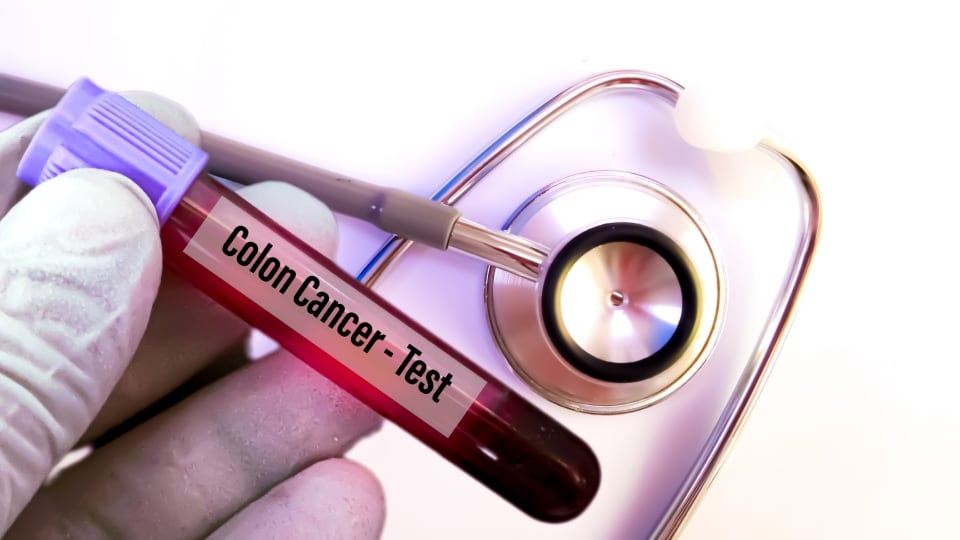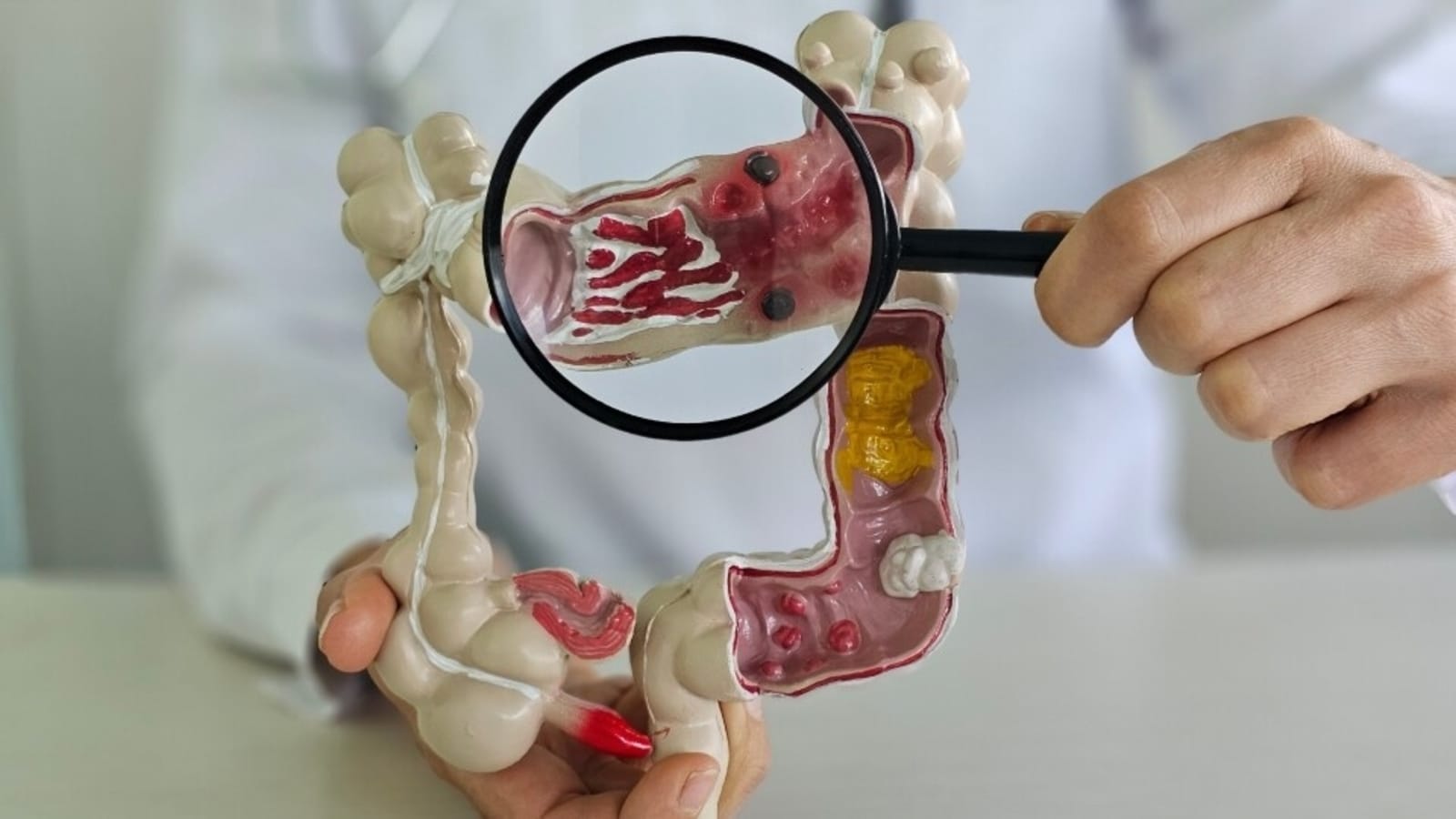The number of cases of colon cancer (CRC), also known as colorectal cancer, among young people is on the rise. This alarming situation has many appearing increasingly at doctors’ offices, complaining of blood in their stool, abdominal trouble or unexplained weight loss.
Per the Cancer Research Institute, since the mid-1990s, there has been a consistent annual increase of 2 percent in cases among adults aged 20-39. Experts believe a sedentary lifestyle, lack of exercise and an increased consumption of processed foods and red meat are all at play behind the rise of CRC.
Also Read | Cardiologist says 99% supplements are just ‘expensive urine’: ‘Propaganda I’m not falling for’
In an interview with HT Lifestyle, Dr Prabhu Nesargikar, senior consultant GI and peritoneal cancer and robotic surgery, HCG Cancer Centre, Bangalore, discussed the rise of colorectal cancer diagnoses among young adults, exploring the key reasons behind this increase.
How does colon cancer develop?
Explaining how the cancer develops, Dr Nesargikar stated that colon (colorectal) cancer begins in the large intestine, usually developing from small growths called polyps in the inner lining of the colon.

“While most polyps are harmless, some can slowly become cancerous over about 10 years if not detected and removed. The cancer starts in the innermost layer of the colon and can grow through deeper layers, spreading to other parts of the body through blood vessels or lymph nodes,” Dr Nesargikar said.
Risk factors
Factors that increase the risk include:
- Inherited conditions such as Lynch syndrome
- A family history of colon cancer or polyps (especially at a young age)
- Having multiple or advanced polyps.
“Early screening and timely removal of polyps play an important role in preventing colon cancer,” Dr Nesargikar advised.
Key factors causing an increase in colon cancer cases
It is still unclear what is causing the increase in colon cancer among young individuals. However, smoking, obesity, and inactivity are among established risk factors, Dr Nesargikar stressed. “Data indicate that inflammation, gut bacteria, and nutrition are the three primary factors contributing to the increase.”
Because the risk may be increased by an unhealthy diet that is low in fruits and vegetables and heavy in processed meat and fat, Dr Nesargikar pointed out that obesity and excess weight can also increase the chances of colon cancer.

“Only roughly 10–20 percent of early instances are associated with hereditary disorders like Lynch syndrome. Certain medications, such as antibiotics, and lifestyle choices might alter gut flora in ways that promote the growth of cancer. The gut bacteria can be directly impacted by the food we eat,” Dr Nesargikar explained.
Some other factors may include:
- Gut inflammation has the potential to harm DNA and encourage cancer.
- Chronic illnesses like diabetes, Crohn’s disease, and irritable bowel syndrome may be the cause of this.
- A disease that can promote inflammation in the gut is present in about half of younger persons with colorectal cancer.
- Obesity and an increased risk of cancer can result from metabolic disruption caused by some environmental toxins.
Symptoms, screening, and prevention of colon cancer
Though a large number of colon cancer patients initially show no symptoms, Dr Nesargikar pointed out that abdominal pain or cramps, blood in the stool or rectal bleeding, changes in bowel habits, a feeling that the bowel doesn’t empty, unexplained weight loss, weakness, or fatigue are some of the symptoms that may manifest.
Lastly, Dr Nesargikar advised, “Colon cancer screening should begin at age 45 for individuals with average risk and earlier for those with a family history or higher risk. Many screening tests are available, and people should talk to their doctor about their options.”
“Limiting alcohol intake, quitting smoking or any other kind of tobacco use, eating a range of fruits, vegetables, and whole grains, exercising for at least half an hour, and keeping a healthy weight through regular exercise and a balanced diet are all ways to lower the risk of colon cancer,” Dr Nesargikar added.
Note to readers: This article is for informational purposes only and not a substitute for professional medical advice. Always seek the advice of your doctor with any questions about a medical condition.
